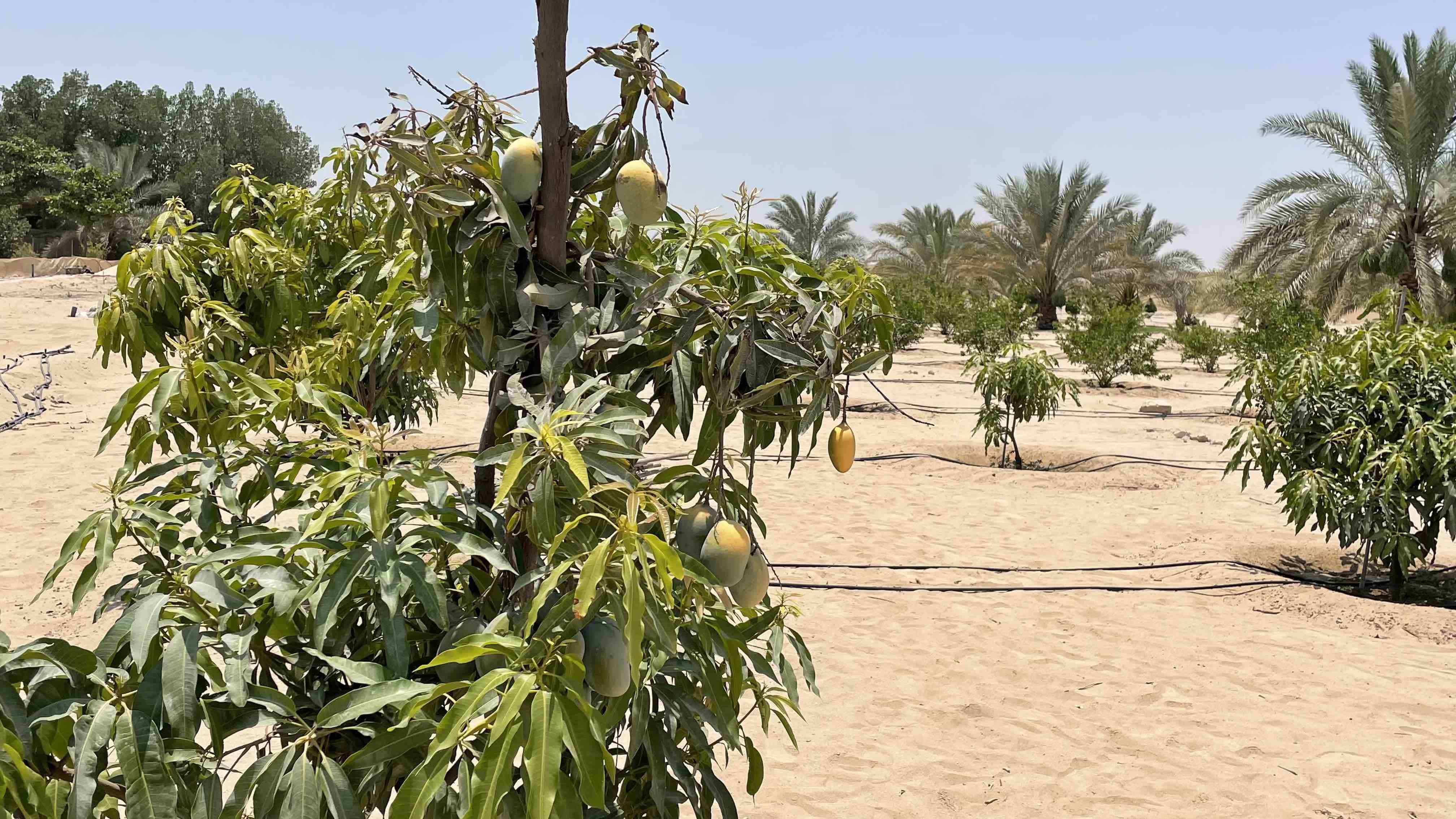Food and water security were the central themes of various speeches, discussions, and coalitions at the recently concluded 26th session of the Conference of the Parties (COP26) in Glasgow, UK. Different pledges were made with regard to mitigating and reversing deforestation, adopting science-based solutions to tackle climate change, promoting sustainable agriculture, and reducing carbon emissions.
As opposed to previous COP summits, food systems and the agrarian sector featured more prominently this time around. Particularly noteworthy was the Agriculture Innovation Mission for Climate (AIM4C) — a joint venture led by the US and the UAE, with signatories including Australia, Brazil, and Ukraine — which is set to deploy $4 billion between 2021 and 2025 in solutions that can enable climate-friendly agriculture and optimize food systems. This initiative acknowledges the dual role of food systems as a life source as well as a solution to climate change.
Against this backdrop, the COP26 can be regarded as a successful summit, marked by greater consensus, a shift from superficial promises to tangible actions, and an emphasis on pressing issues like food and water scarcity. So, with the UAE winning the bid to host the upcoming COP28 in 2023, what outcomes can we expect in the nation and the Middle East region at large?
Chance to create a new narrative
While climate change is a ubiquitous phenomenon, its impact is anything but uniform across the globe. It disproportionally impacts nations and locations that are more exposed to oceans, have existing issues like arid climate, and are economically vulnerable. The Middle East, with its long-standing water and food scarcity, arid/semi-arid climate, desert conditions, and a lack of groundwater resources, is chief among the regions bearing the brunt of global warming.
So, the COP28 is a timely opportunity to shed light on regional issues. The Middle East remains the most water-stressed region on the planet, with an average temperature double that of the rest of the world. Therefore, in the words of HH Sheikh Abdullah bin Zayed Al Nahyan, Minister of Foreign Affairs and International Cooperation, the summit in the United Arab Emirates can be a “solutions COP.”
The UAE’s COP28 is also important from a political standpoint. Over the years, the UAE has emerged as a strategic conduit between the East and the West, besides being an epitome of multiculturalism and ethnic diversity. Also, Abu Dhabi has developed strong bilateral relations with some of the major economies that hold key stakes in the climate change discourse. Furthermore, COP28 is at a convenient time frame away from the recently concluded COP26, which witnessed several nations — the UAE, India, and the KSA, among others — make net-zero pledges. So, the 2023 summit will offer talking points based on visible progress in two years.
Also critical from the MENA standpoint is the Egypt-hosted COP27 next year. Back-to-back summits in the region are a welcome development in light of the urgency that food and water scarcity must be addressed. Thus far, the COP summits were mostly limited to Europe, where the narrative was less pivoted on MENA-specific issues. So, this shift is consequential — which was also echoed by Claire O’Neill, Managing Director of Climate & Energy for the World Business Council for Sustainable Development.
“The coming COP cycle will provide an opportunity to amplify and promote highly sustainable businesses that are committed to net-zero emissions by 2050. It will help bring forward entities that are nature-positive, fully transparent in reporting, and totally focused on reducing inequality,” she said.
COP28: Food and water security to take centre stage
As the world heads to the UAE in two years’ time, the country is well-positioned to press ahead with its strategies for sustainable food, water, and agriculture systems. Aside from the $4 billion pledged for AIM4C during COP26, the UAE has assured an additional $1 billion investment to fast-track innovations in agriculture, food systems, and water conservation. Also, around $400 million investment has been promised through the Abu Dhabi Fund for Development.
As part of the UAE Net-Zero by 2050 Strategic Initiative, these initiatives will echo the country’s unwavering commitment to promoting climate action. That said, their end impact will be determined by a number of factors, including most importantly the multi-stakeholder participation. The policy-led actions must be complemented with CSR actions of the private sector and end-user awareness.
Stakeholders must align their actions with the larger sustainability drive, by adopting solutions that are predicated on the social, economic, and environmental pillars of sustainability. Solutions like Breathable Sand, which are uniquely positioned between food and water systems, merit attention within this holistic-sustainability framework. Breathable Sand has shown promise in significantly reducing water requirements for agriculture while enabling optimal yield.
The existence of such solutions in the UAE is consequential in light of the upcoming COP28. Thanks to progressive leadership and an innovation-friendly ecosystem, there are opportunities for the development of such fit-for-purpose sustainability solutions. With greater adoption and multi-stakeholder participation, sustainability with respect to food and water can be well within our reach.
Chandra Dake is Founder of Dake Rechsand.
The opinions expressed are those of the author and may not reflect the editorial policy or an official position held by TRENDS.

